For many years, hydrops (excessive fluid retention in the inner ear) was thought to be the underlying cause of Meniere’s disease. However, this condition is not always present with Meniere’s. Therefore, researchers continued to search for the underlying cause of and the best way to care for Meniere’s. Recent research has revealed the real underlying issue.
The Upper Cervical Spine and Meniere’s Disease
According to research that followed 300 patients with Meniere’s for 5 years, a link was established between Meniere’s disease (as well as a condition call trigeminal neuralgia, or TN) and whiplash injuries. When the neck is injured in an accident, a lesion can be formed on the Eustachian tube or the trigeminal ganglion. When this occurs, it affects the ears and face.
Why did it take so long for the underlying cause of these conditions to be revealed? From the time of the injury, it can take up to 15 years for the lesion to form. Because of this, past injuries such as a car accident or a concussion are viewed as old news and something that the patient has healed from. Unfortunately, that is not always the case, and health problems can continue to worsen more than a decade after a whiplash injury or head injury. That’s why these conditions are usually diagnosed in middle age—the injuries often occur in the teens and 20s.
To learn more about the connection between head and neck injuries and vertigo click the image below to request our complimentary e-book.
More Important Information Revealed Through an Upright MRI
An upright MRI has been used to shed even more light on the importance of upper cervical alignment. When the C1 and C2 are out of position, cerebrospinal fluid flow is hindered and can pool in the brain resulting in a buildup of pressure. This too can contribute to many health problems. It makes the neck an important place to look when it comes to relief from idiopathic conditions.
At Arete Chiropractic, we use the Blair upper cervical technique to help our Meniere’s patients go beyond symptom control and get to the root of this long-misunderstood syndrome.
To schedule a consultation with Dr. Beebe or Dr. Evans click the button below or call 603-380-9184






